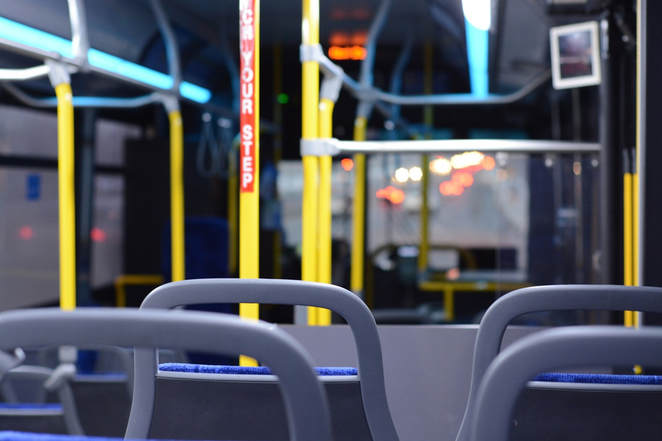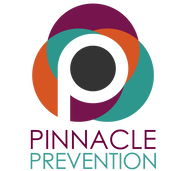|
Investing in public transportation is investing in public health. The benefits of an equitable, affordable, and safe public transportation system are numerous and can affect communities in surprising ways. With increasing issues involving pollution, traffic-related deaths, and access to healthy food and medical care, the need for policies that support better public transportation systems is becoming more apparent each day. Making public transportation accessible to everyone is a great way to ensure all demographics have the ability to lead healthier lifestyles. Safer streets, more reliable transit systems, and increased connectivity can have a ripple effect on the surrounding communities. Development that involves any of these principles in our increasingly mobile world has positive and lasting impacts. According to the CDC, crashes involving motor vehicles are one of the leading causes of death in the United States. Automobile-dependent communities often have more fatalities than walkable communities due to increased contact with high speed motorists. Public transit systems can play a vital role in decreasing these kinds of fatalities. Transit-oriented communities are more likely to have fewer collisions. In fact, research shows that communities with effective public transportation are five times safer than those without it. Public transportation development has benefits for everyone -- pedestrians, bicyclists, public transit users, and drivers are all safer when transportation options are thoughtfully designed. Pollution is becoming a larger part of our public health agenda due to increased automobile emissions and reliance on carbon emitting transportation. Public transportation uses less energy and emits less pollution than the use of single owner vehicles. Negative health effects related to pollution disproportionately affect those in areas of low income. The elderly, young children, pregnant women, and those with compromised immune systems are also at a higher risk of experiencing pollution-related health issues. Working toward policies that promote an environmentally-conscious public transit system can help communities become more independent and healthier. Equitable public transportation is one of the most important aspects of moving forward in our growing urban environments. Having transportation available in areas of need is critical for promoting public health. Those who live in low income areas often find it harder to access healthy food and medical care, and with increased connectivity these communities can reach the resources they need to lead a healthier lifestyle. Many low-income communities rely heavily on public transportation to get to and from their jobs, school, stores and numerous other places. Having effective policies that push for equitable public transit development is key to the overall success of public health goals. Providing affordable and effective public transportation can increase a community's health and general well-being. Public transportation is just one piece in the puzzle of public health issues, and it plays a role in various other goals like creating complete streets and increasing access to healthy food. Policies driven towards this type of community development need everyone's support. Keep up with our blog, Facebook, and Twitter to learn about ways you can be involved in policy development that promotes a healthier and safer home for all.
0 Comments
Leave a Reply. |
Pinnacle Prevention BlogFollow our blog for tips, insights and conversations about healthy living. Archives
June 2024
Categories
All
|
Location |
|


